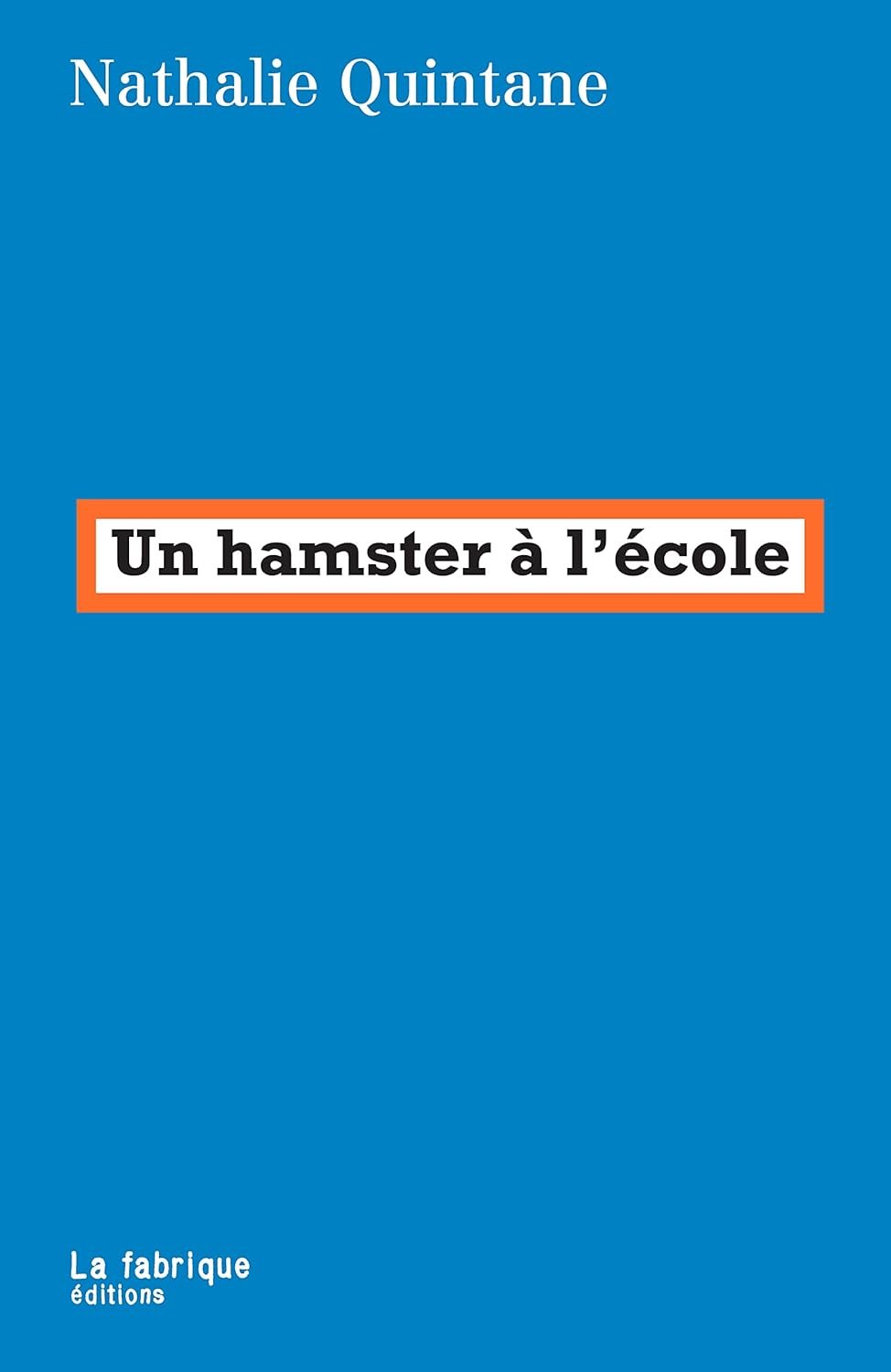Manuscripts in progress. Please inquire.
Dans l’année de cet âge
All That Happened in the Year that Was by Stéphane Bouquet (2001)
The first volume of poetry by the innovative French poet-translator. 108 occasional poems are followed by 108 prose “explanations,” the two working in synergy to create a new poetic form of expression. A morbid preoccupation is offset by sexual obsessions in a youthful attempt at managing life’s drives.
Ghabaraye hue shabd
Worried Words by Leeladhar Jagoori (1982)
The last volume of Jagoori’s 1970s poetry that concludes his most productive decade of writing, and that provides the final statement on the tumult and violence of what is perhaps the most important decade in postcolonial Indian history.
Manuscript Completed.
Is yatra men
On This Journey by Leeladhar Jagoori (1974)
The poet’s second volume from the 1970s, bearing witness to an increased sense of direction in the poet’s life. Always independent, Jagoori begins to find his way through the daily horrors of a country finding its footing (and then losing its footing) in a rapidly modernizing decade.
Manuscript Completed.
Un hamster à l’école
A Hamster at School by Nathalie Quintane (2021)
A wry and profound look at the French education system. Quintane, a middle-school teacher and a leading experimental poet, recounts anecdotes from her life as a student and teacher in this memoir lineated as “chapters” of “poetry.”
Mauvaises herbes
Weeds by Dima Abdallah (2020)
A heart-wrenching love story of a daughter and a father separated by time and space: the daughter having fled to France as a child in exile from Lebanon, and the father, who remains in his home country, despite the violence of the 1983 war and beyond. A vital read for this most underrepresented of literary relationships: the father and the daughter’s story.
Supported by Albertine Translation Grant.
Palabre avec les arbres
Parlement of Trees by Patrick Beurard-Valdoye (2021)
One of the leading experimental contemporary French poets guides readers in spirit journeys through the history of European art and ecology. Each poem is entitled after a tree, and many are written in honor of poets, artists, and persons gone before. Here, the reader can visit Artaud’s grave in Marseille, or Benjamin’s resting place in Portbou.
Manuscript Completed.
10cm yaesul
10cm Art by Kim Cheom-seon (2002)
The late Korean artist Kim Cheom-seon began making digital art after a diagnosis of frozen shoulder. Along with her images, she wrote accompanying diary entries that cross between autobiography, poetry, and fantasy. Translated with Jeonghyun Mun.
Excerpt in Two Lines (click to buy)
Excerpt in Tripwire (click to buy)
Excerpt in Staging Ground
Excerpt in Asymptote
Makan
The House by Paigham Afaqui (1989)
Afaqui’s novel is routinely cited as a central statement in contemporary Urdu and North Indian letters. The book centers on the quest of Neera, a college-age female protagonist, as she tries to defend her home from Kumar, a predatory tenant. Neera enlists a sympathetic police officer to fight against Kumar and his corrupt friends. An existential and spiritual journey to self-understanding and empowerment.
Translation funded by NEA grant.
Manuscript Completed.
Table of Contents from Two Lines 20 (2013)
Boumkœur
BUnKer by Rachid Djaïdani (1999)
Originally intended as notes for a film, Djaïdani’s first novel was a best-seller. It is a riff: a tongue-in-cheek ethnography of the banlieue défavorisée as a post/colonial brousse that finishes with an appeal to readers to come to the suburbs to meet the rest of the French people.
Excerpt of BUnKer in Asymptote
My article on Boumkœur and translation
Calcutta
Calcutta by Shumona Sinha (2014)
Trisha returns to Calcutta to attend her father’s cremation ceremony. Having come back to her parents’ home after years in France, she is inundated with memories from her childhood. Through Trishna’s parents’ story, the novel traces the history of Communism in West Bengal in the 1970s and the challenges of mental health in India at the time.
Translation supported by 2023 Albertine Fund Grant.
Gadjo-Migrandt
Gadjo-Migrandt by Patrick Beurard-Valdoye (2014)
From his cycle of exile series, an epic retelling of intra-European migration in the idiolectic and iconoclastic poetry of Beurard-Valdoye, one of the most irrepressibly experimental poets in France today. In nine “books,” the book takes the plight of the Rromani people across Europe as a representative of the “continent’s” intercultural migration and pent cultural animosities. With a long section on the Objectivists for those with a cross-Atlantic poetic interest.
Excerpt in Alligatorzine
Khakam-e-badahan
Please Forgive What I’m About to Say by Mushtaq Ahmed Yousufi (1969)
Nine humorous essays, written with a novelist’s sense of narrative and a satirist’s wit, this volume contributes to Yousufi’s reputation as perhaps the most accomplished Urdu humor writer of the twentieth century. Includes my personal favorite “Hill Station,” a ribald and deeply cultural look at Quetta, as a vacation spot in the 1960s.
Is umr men
Collected Short Stories by Shrilal Shukla (2004)












